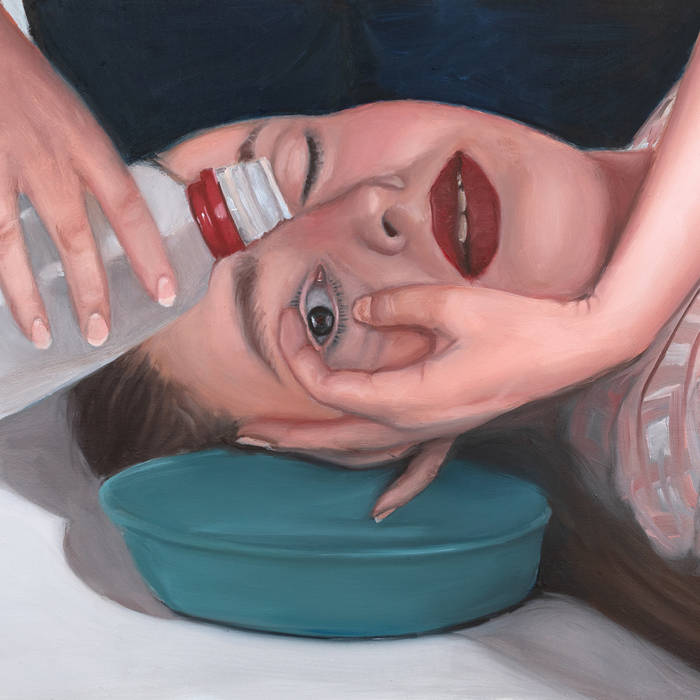Arlen Gun Club – Kickflip | Single Review
/One of my favorite songs of all time is “Little Acorns” by The White Stripes. When I first heard Elephant I was only ten years old, and that record quickly became the foundation for my pre-teen musical taste. Elephant provided me a foray into blues, garage rock, folk, country, and complicated in-law relationships, among other things. Still, amongst the 50-minutes of this near-perfect alternative rock record, one of the moments I remember responding to most viscerally as a ten-year-old was the spoken-word intro to “Little Acorns.”
Sure, the song itself shreds and is packed with punchy, fuzzed-out guitar, but in 2003 I’d never ever heard spoken word used on a record in this way, and it blew my ten-year-old mind. It has to have a deeper meaning, right? I read so deeply into that short story of a woman persevering through strife that I ended up internalizing it more than I probably even realize. The fact that this story was followed by a heavy-as-shit riff was just a bonus.
This idolization of persistence is why I’ve found Arlen Gun Club to be such a compelling project. Formed from the ashes of the recently-dissolved emo project Vermont, Arlen Gun Club rapidly transformed from a one-off side project with “Rosary” to a full-time creative outlet with Fresh Face earlier this year. Now the group has released “Kickflip,” the first song they penned after the release of that debut EP.
I’ll admit the novelty of “quarantine song” has worn off quite quickly and never seemed that appealing in the first place. Still, some artists like Charli XCX have managed to tackle the subject of quarantine both tactfully and artfully. Ultimately, songs about feeling lonely and disconnected a dime a dozen, but there’s no denying that’s an accurate reflection of where we are as a society right now.
Arlen Gun Club seems to be adding their name to this list, creating the elusive “quarantine song that’s actually interesting.” While it still touches on the topics of community and missing your friends, what makes “Kickflip” unique from other quarantine songs is that it manages to capture the sense of restlessness and pent-up energy that’s a byproduct of being sequestered inside for so long. It’s about being lonely and stir-crazy, which resonates with me way more than “I miss my friends” because, honestly, all my friends live in other cities right now anyway.
While loneliness is an undeniable factor of our lives right now, my biggest takeaway from the last eight months has been frustration. Frustration at our government for failing us so spectacularly. Frustration at my fellow countryman for selfishly choosing their own pleasure over the greater good. Frustration at how blatantly the ruling class is willing to use and discard workers that they as deem “essential.”
That sense of rage and frustration only goes so far. Some days I do feel lonely or lost and try my best to distract my brain from the looming sense of existential dread. Other days, I drink too much coffee, spend too much time on Twitter, and end up getting a weird, uncontrollable burst of energy that I can’t safely expend on anything. I can’t go out with friends, I can’t go to shows, I can’t even work out (never thought I’d miss that one, to be honest).
I guess if anything, it’s nice to have “Kickflip” here to remind us that there are some hobbies out there we can still pour this energy into. It’s both a reflection and an affirmation that quarantine isn’t just about feeling sad, beat-down, and dejected, but sometimes it is just this weird burst of mental or physical energy that needs to come out in one way or another. It’s a reminder that sometimes the weather outside is beautiful, and that’s enough because that’s all we have.














